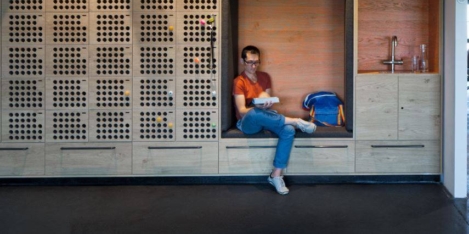May 7, 2019
Employers still not doing enough to support working parents
 Working Families and Bright Horizons have launched a new report which focuses on flexible working and the reality of flexible jobs from the perspective of working parents in the UK. According to the report, the experience of parents shows that flexible working is widespread, although patchy in some sectors and for some workers. It is beneficial in helping parents get a better work life fit, although it is not a panacea. Issues around job design, workloads and organisational culture undermine some of the benefits of flexibility, and proper management of flexibility to ensure it works is, for many parents, missing. (more…)
Working Families and Bright Horizons have launched a new report which focuses on flexible working and the reality of flexible jobs from the perspective of working parents in the UK. According to the report, the experience of parents shows that flexible working is widespread, although patchy in some sectors and for some workers. It is beneficial in helping parents get a better work life fit, although it is not a panacea. Issues around job design, workloads and organisational culture undermine some of the benefits of flexibility, and proper management of flexibility to ensure it works is, for many parents, missing. (more…)








 Sage has released its annual
Sage has released its annual 


 The tech sector is facing high departure rates as employees’ complain of work impinging on their home life, coupled with a lack of learning & development opportunities. It’s been estimated that vacancies already outweigh skilled talent in the UK tech industry, where there are an estimated
The tech sector is facing high departure rates as employees’ complain of work impinging on their home life, coupled with a lack of learning & development opportunities. It’s been estimated that vacancies already outweigh skilled talent in the UK tech industry, where there are an estimated 






















May 3, 2019
Is stress killing creativity and innovation in your organisation?
by Alf Rehn • Comment, Wellbeing
(more…)